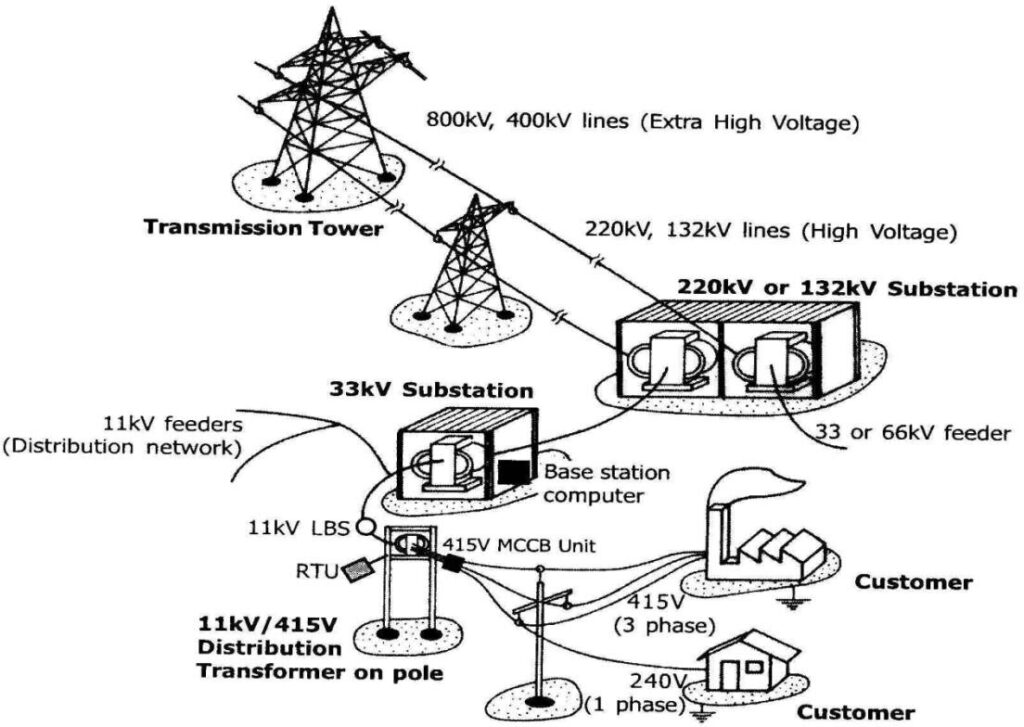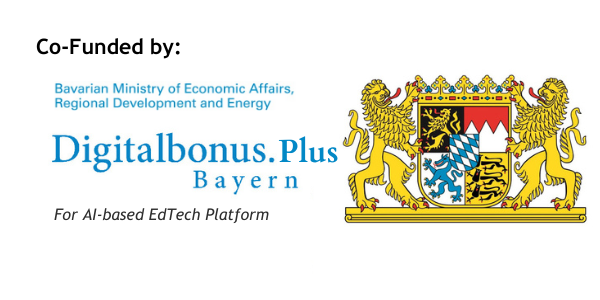MATLAB Tutoring: Why Engineering Students Need It?

As an engineering student, you are constantly required to solve complex problems, analyze data, and model systems. MATLAB is one of the most widely-used tools in the engineering world for these tasks, especially in fields like electrical, mechanical, and aerospace engineering. However, mastering this versatile tool can be a challenge without the right guidance. MATLAB tutoring provides a personalized learning experience, ensuring that you not only understand the software but also how to apply it to your specific academic projects.
Who Needs MATLAB Tutoring?
- Students New to Programming: For students without a strong programming background, the syntax and logic required for MATLAB can be difficult to grasp. A tutor can break down complex coding concepts and make the learning process smoother.
- Students Handling Complex Projects: If you’re working on a thesis or a capstone project that requires extensive data analysis, control systems, or modeling, MATLAB tutoring can help you optimize your workflow and apply advanced techniques effectively.
- Graduate Students and Researchers: If you’re pursuing advanced studies or involved in research, MATLAB is likely an essential tool for your work. A tutor can provide in-depth knowledge, helping you unlock MATLAB’s full potential for research applications, including simulations and data visualization.
- Professionals Returning to Study: If you’re a working professional returning to academia, the time away from formal education may make learning new tools like MATLAB more challenging. Personalized tutoring can help you get up to speed quickly and efficiently, ensuring your academic performance is not compromised by your professional commitments.

Main Challenges When Studying MATLAB
- Steep Learning Curve: MATLAB is known for its vast capabilities, from basic calculations to complex data modeling. The abundance of built-in functions and the flexibility to create custom scripts can make it hard for beginners to know where to start.
- Programming Logic and Debugging: Writing and debugging code can be one of the most frustrating aspects of learning MATLAB. Students often struggle with syntax errors or misunderstand how functions and loops work in practical applications. A tutor can help you navigate these hurdles, ensuring that you develop clean, efficient code.
- Advanced Features and Applications: Beyond basic calculations, MATLAB offers advanced features like Simulink for simulation and model-based design. These features are powerful but require a deep understanding of both the software and the underlying engineering principles. Without proper guidance, mastering these tools can be a daunting task.
- Integration with Academic Work: Applying MATLAB to real-world projects and assignments is not always straightforward. Many students find it difficult to translate theory into practice within the software. Tutoring sessions can bridge this gap, helping you apply MATLAB tools to specific coursework, research projects, and exams.
Why MATLAB Tutoring is Essential for Engineering Students
Unlike large classroom settings, MATLAB tutoring provides tailored lessons that focus on your specific needs. Here’s how it can benefit you:
- Personalized Learning Path: Instead of following a general curriculum, a tutor will focus on your individual learning goals. Whether you need help with basic syntax, advanced functions, or applying MATLAB to real-world engineering problems.
- Instant Feedback and Problem Solving: One of the main benefits of tutoring is that you receive instant feedback. If you’re stuck on a particular problem, a tutor can help you identify mistakes and correct them on the spot. This saves you time and frustration compared to trying to figure it out on your own.
- Practical Application: MATLAB tutoring isn’t just about learning the software. Tutors guide you in applying what you’ve learned to your specific engineering projects. This practical application is crucial for gaining confidence and mastering the skills needed for your academic and professional future.
- Efficient Time Management: With so many subjects and deadlines to manage, tutoring helps you learn MATLAB efficiently, allowing you to focus your time where it matters most. Tutors can prioritize what you need to know, helping you learn faster.
How to Find the Best MATLAB Tutor
Choosing the right tutor is a critical step in your learning journey. A good MATLAB tutor should have not only software expertise but also the ability to teach it effectively in the context of your engineering coursework. Here’s what to look for:
- Specialization in Engineering: Tutors who are familiar with engineering fields can better explain how MATLAB applies to your studies. They are roviding real-world examples and project-based learning.
- Flexible Scheduling: Look for a tutor who can work around your schedule and offers flexible options, such as online sessions. So that, you can learn when it’s most convenient for you.
- Proven Track Record: Check reviews or testimonials to ensure that the tutor has a history of helping students successfully improve their MATLAB skills.
Why Choose WiredWhite for MATLAB Tutoring?
WiredWhite is designed specifically to meet the needs of engineering and IT students seeking MATLAB tutoring. Here’s why WiredWhite stands out:
- 15-Minutes Free Call: Not sure where to start? WiredWhite offers a free 15-minute call to help you assess your needs and match you with the perfect tutor.
- Comprehensive Tutor Profiles: WiredWhite provides detailed profiles for each tutor, including their background, area of expertise, and reviews from previous students. This allows you to make an informed decision based on your specific requirements. The tutors’ profiles have a dedicated skills field about MATLAB, showing their level of knowledge with this tool.
- Price Transparency: The students knows right from the beginning what costs are awaiting him. No hidden costs.
- Fraud Protection: All purchases made on the platform are protected by WiredWhite’s fraud protection policies, giving you peace of mind when booking your sessions.
- Tailored for Engineering & IT Students: WiredWhite’s platform is specifically designed for students like you, ensuring that the tutors have the knowledge and experience to teach MATLAB in an engineering context.
With WiredWhite, you get everything you need in one place — a reliable, secure, and flexible tutoring platform that connects you with expert MATLAB tutors to help you succeed in your academic journey. Check out our MATLAB Partners now https://wiredwhite.com/members/?skills=matlab to start your tutoring session already today.













Responses